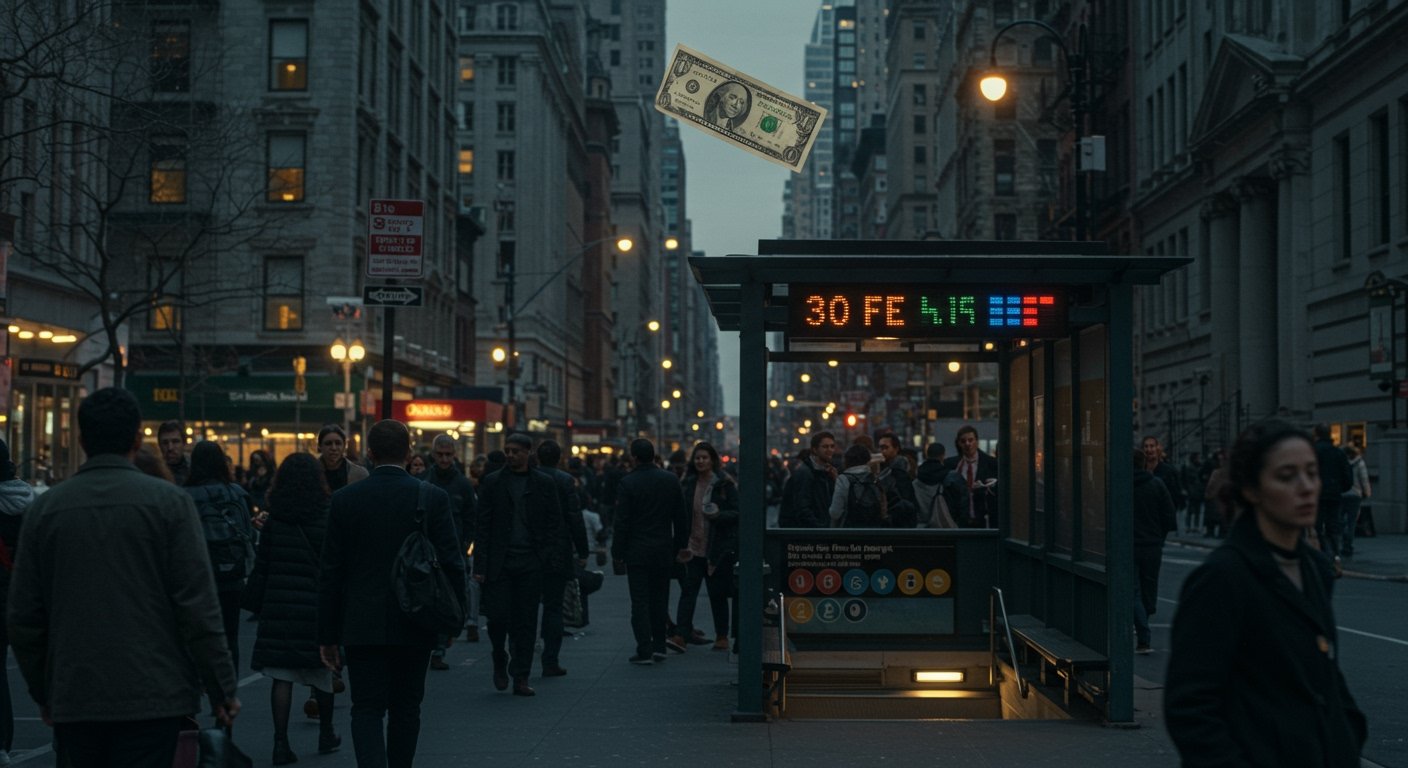NEW YORK, NY – A potential seismic shift in New York City politics is emerging from the Democratic mayoral primary, with three-term state assemblyman Zohran Mamdani poised for a likely victory according to analysis based on ranked-choice voting results.
In an editorial published on June 28, 2025, commentator Michael Barone examined the implications of the expected win by Mamdani, a 33-year-old self-proclaimed democratic socialist. Barone frames Mamdani’s success as indicative of a broader challenge within the Democratic Party in producing non-radical big-city politicians, drawing a contrast with historical figures like former Governor Mario Cuomo.
Understanding the Rise of Mamdani
Zohran Mamdani has built his political identity on a platform advocating for significant structural changes within New York City. His policy positions, highlighted in Barone’s editorial, include backing a rent freeze to address housing affordability, establishing city-run grocery stores to combat food deserts and rising costs, and implementing free buses across the transit system to improve accessibility and equity.
Further radical proposals championed by Mamdani include putting homeless service centers directly within subway stations, a move intended to provide immediate access to support for vulnerable populations but raising concerns about public safety and transit function. He also supports a substantial increase to the minimum wage, advocating for a $30 minimum wage, which would more than double the current state minimum.
Perhaps most controversially, Mamdani has been a vocal proponent of re-evaluating the role and funding of the New York City Police Department. Barone’s editorial notes Mamdani’s stance on defunding the police, quoting his past tweets critical of the NYPD.
Demographic and Political Alignments
The analysis underscores a distinct base of support for Mamdani. His backing is concentrated among affluent white college graduates residing in key liberal enclaves such as the Upper East Side and Upper West Side of Manhattan, and Park Slope in Brooklyn. This demographic profile stands in contrast to the traditional Democratic coalition and the base of the incumbent Mayor Eric Adams.
Mayor Adams’ support, as noted by Barone, remains strong among Black voters primarily located in Brooklyn and Queens. This divergence highlights potential fractures within the party’s voter base along lines of race, class, and ideology. The editorial also contrasts Mamdani’s support with that of previous mayoral candidate Maya Wiley, who also drew significant progressive backing but through a different coalition mix.
Ranked-Choice Voting and the Outcome
The expected outcome, determined through ranked-choice voting, underscores the mechanism’s potential to elevate candidates who build broad, if not always majority, support across various progressive factions and neighborhoods. Ranked-choice voting allows voters to rank candidates in order of preference, and the system redistributes votes from lower-ranked candidates until one candidate achieves a majority.
Mamdani’s success in accumulating preferences across multiple rounds in dense, politically active neighborhoods appears to have paved his path to victory in the crowded primary field, reflecting the strategic dynamics inherent in this voting system.
Broader Implications for the Democratic Party
Barone’s editorial posits that Mamdani’s likely win serves as a significant indicator of the direction of the Democratic Party in major urban centers. The rise of openly socialist and highly progressive candidates advocating for fundamental systemic changes, rather than incremental reforms, suggests a potential shift away from the more moderate, traditional Democratic politicians who historically governed cities like New York, exemplified by figures like Mario Cuomo.
This trend raises questions about the party’s future platform, its ability to appeal to a broad electorate that includes more moderate and conservative voters, and the potential policy directions for major American cities facing complex challenges such as crime, housing shortages, and economic inequality.
The coming general election campaign, assuming Mamdani is confirmed as the primary winner, will likely become a key battleground illustrating the national debate between progressive ideals and more traditional governance approaches, with New York City serving as a prominent example of this evolving political landscape.


















